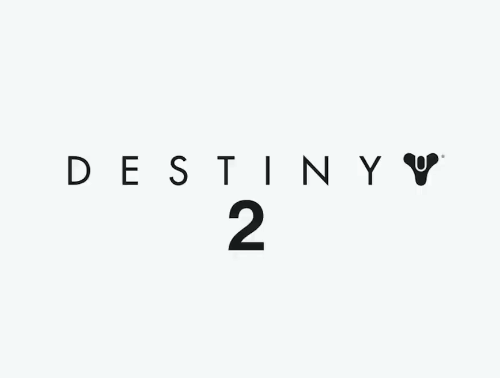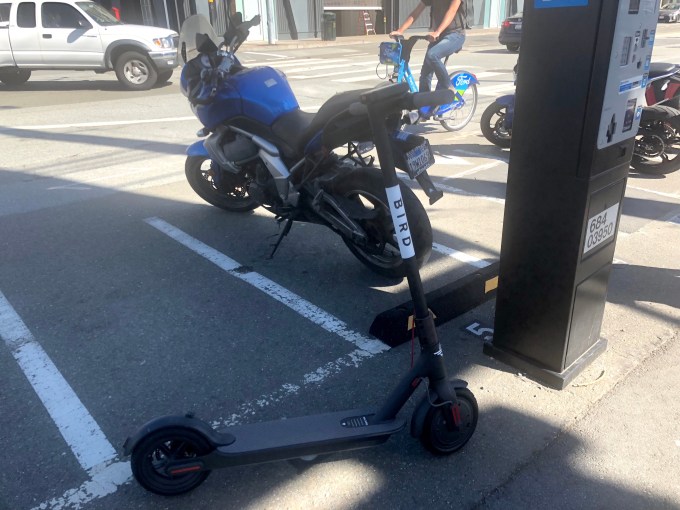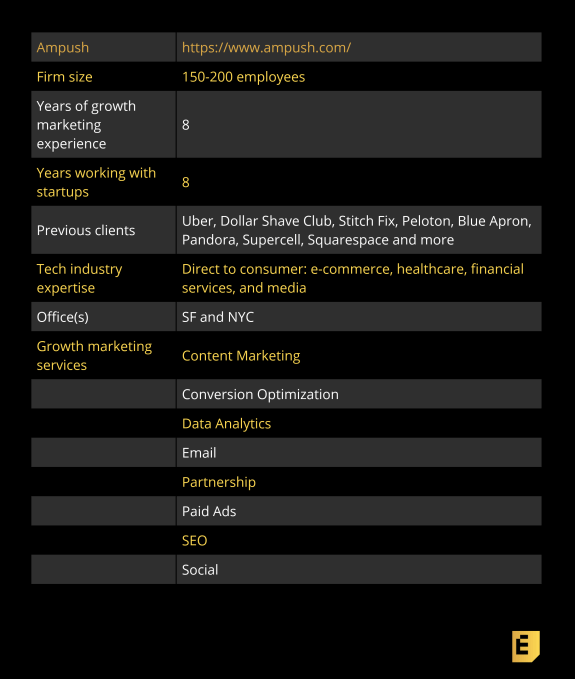You know the deal: a console is nothing without games. Same goes for streaming plans. Google jumped the gun on E3 this week with its Stadia Connect, a livestream that takes more than a page or two from Nintendo’s Direct offering. The event offered a little more insight into pricing, availability and specs — and, mostly importantly showed off some of the titles coming to the streaming platform.
The list includes some familiar franchises and a couple of exclusives, which will be available for a $10 a month subscription fee or for individual purchase.

The first, Moonshine Studios/Coat Sink’s Get Packed will be a Stadia Exclusive at launch. The title brings Overcooked style game play to furniture packing — arguably the most frustrating thing in the world. The co-op title allows up to four players to participate, because you know how easy it is recruiting friends to help you move.

Bungie’s received Destiny sequel will be arriving on Stadia. The first-person shooter includes the new chapter, Shadowkeep, which features a return to the lunar surface.
Another Stadia exclusive, the single player puzzle adventure title Gylt features some dark, supernatural gameplay. The Tequila Works title centers on a young girl’s search for her missing cousin.
Google closed things out with a sizzle reel focused on the breadth of titles coming to the platform, including games from top tier publishers like Ubisoft, Take 2, SquareEnix, Warner Bros, Bandai Namco and Bethesda.
The service launches this November.




